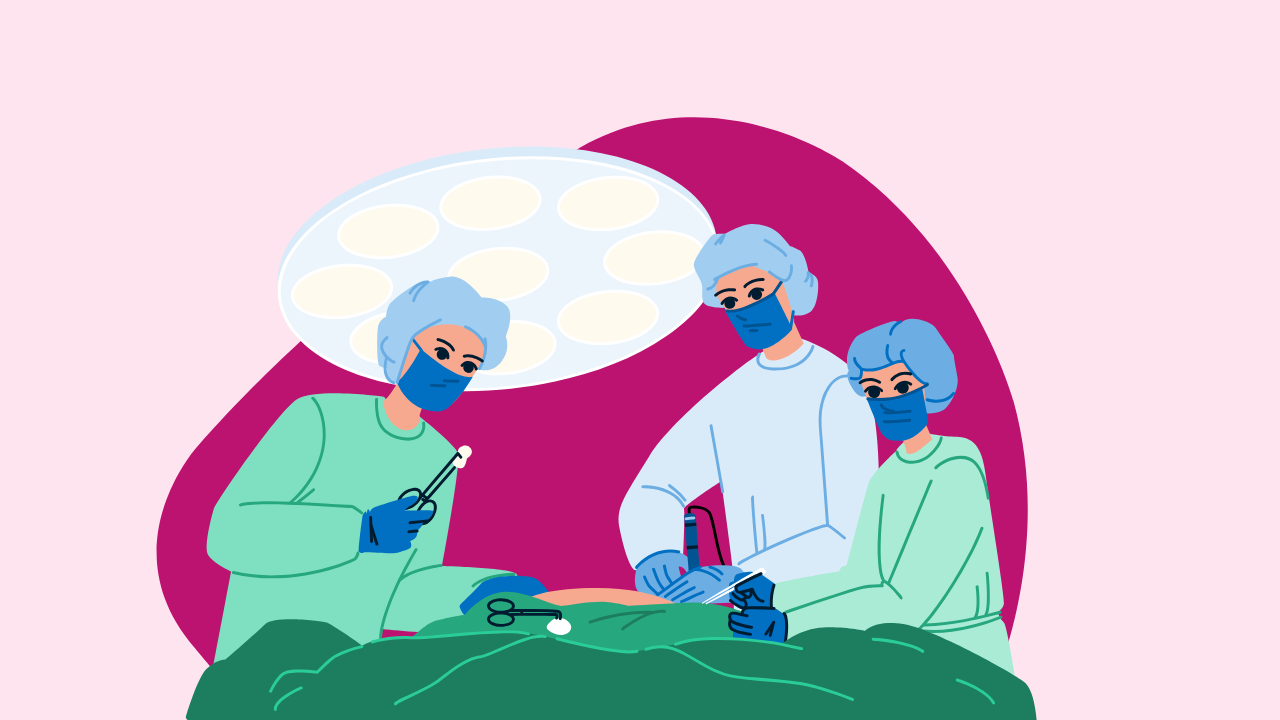Breakthrough Treatment Offers Hope for Hard-to-Treat Breast Cancer

A breakthrough in the fight against hard-to-treat breast cancer has emerged from researchers at King's College London. By leveraging the inherent weaknesses of breast cancer cells, scientists have developed a novel treatment method that links a tumor-targeting antibody with a cell-destroying drug. This research, recently published in Clinical Cancer Research and funded by Breast Cancer Now, represents a significant advance in cancer treatment.
The focus of this discovery is triple-negative breast cancer, a particularly aggressive form that accounts for 15% of all breast cancer diagnoses. This subtype is notorious for its resistance to chemotherapy, lower survival rates, and prevalence in women under 40. Traditional treatments—surgery, chemotherapy, and radiotherapy—often fail as the cancer evades drugs and reemerges.
The research team analyzed over 6,000 breast cancer samples, delving into the biological properties associated with aggressive, chemotherapy-resistant cancers. Their investigation centered on the cancer's biology, including surface markers and internal mechanisms that allow cancer cells to evade treatment. They identified the presence of EGFR, a cancer cell surface marker, along with cyclin-dependent kinases (CDKs), which drive cell division and proliferation.
Armed with this knowledge, the scientists created a tailored drug for breast cancer by combining cetuximab, an antibody targeting the EGFR protein, with a CDK-blocking drug. This antibody-drug conjugate specifically targets cancer cells, potentially allowing for lower, less toxic doses for patients.
Professor Sophia Karagiannis, the study's lead author, commented on the findings: "We've uncovered a vulnerability in cancer cells and developed a way to exploit it. By combining these drugs, we've created a targeted therapy that directs the toxic drug straight to the cancer cell, potentially reducing side effects."
While this therapy is still in the experimental stages, the research holds promise for new treatment options for cancers with poor prognoses. Dr. Anthony Cheung, a key researcher, highlighted the significance of exploiting EGFR overexpression and dysregulated cell cycle molecules in certain patient groups, noting that the antibody-drug conjugate, unlike the antibody alone, could effectively halt cancer cell division.
Dr. Simon Vincent, Director of Services, Support, and Influencing at Breast Cancer Now, praised the research: "Annually, around 8,000 women in the UK are diagnosed with triple-negative breast cancer, a particularly aggressive form prone to recurrence and spread. This groundbreaking research not only enhances our understanding of chemotherapy-resistant cancer cells but also brings us closer to developing targeted therapies that minimize side effects."
While further research is needed before this treatment becomes available, this study marks a significant step forward in developing targeted therapies for triple-negative breast cancer, potentially leading to new, effective treatments for this challenging disease.





